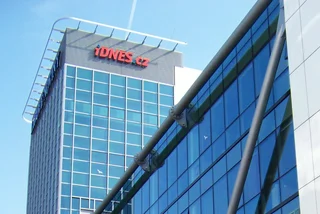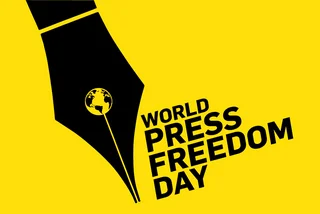The Czech Chamber of Deputies has this afternoon passed an amendment to the country’s conflict-of-interest law, aiming to tighten regulations on media ownership and the allocation of subsidies and investment incentives to politicians.
No repeats of the past
Dubbed "lex Babiš" in reference to former Prime Minister Andrej Babiš’s vast media ownership, the amendment prohibits politicians from transferring media assets to close associates or trust funds. It also introduces higher fines for violations of these rules.
Babiš owns the MAFRA publishing group, which includes Mladá Fronta Dnes (iDnes.cz online) Lidové noviny (Lidovky.cz), and the Metro online publications. The total readership of MAFRA titles is 4.83 million readers, which represents 55 percent of the population in the Czech Republic aged 12-79 years.
Despite facing opposition from the senior opposition ANO movement, led by Babiš, the lower house passed the amendment with a slim majority, securing 85 votes from the 164 members of parliament (MPs) present. MPs from all current coalition parties supported the amendment, whereas politicians from the ANO and Freedom and Direct Democracy parties voted against it. If the amendment receives final approval from the Senate and President Petr Pavel, it will take effect next year.
Tighter control, higher penalties
Once implemented, the amendment will extend conflict-of-interest regulations to the president, requiring annual submission of asset declarations and imposing restrictions on media ownership. It primarily aims to prevent MPs, senators, government officials, and the president from broadcasting and publishing periodicals.
To prevent circumvention, the ban will apply to the actual owner of the media operator, not just the person who controls it. Furthermore, companies linked to politicians will be prohibited from receiving subsidies and investment incentives.
While the amended rules impose stricter regulations, there are specific exemptions for the media. Political parties, their institutes, or affiliated companies will be allowed to publish periodicals without falling under the ban. Media operators not required to issue annual financial reports will also be exempt.
To deter violations of the media operation ban, the amendment proposes fines for offenders. Officials found guilty of the offense through a company could face fines of up to 3 percent of the company's assets. The relevant authority will take appropriate measures, such as selling the media outlet, before imposing fines.
Politicians affected by the new media regulations will have a 60-day deadline to respond to the amendment. ANO MPs and Babiš have said that the new amendment is an unfair attack on the billionaire.













 Reading time: 2 minutes
Reading time: 2 minutes 
























